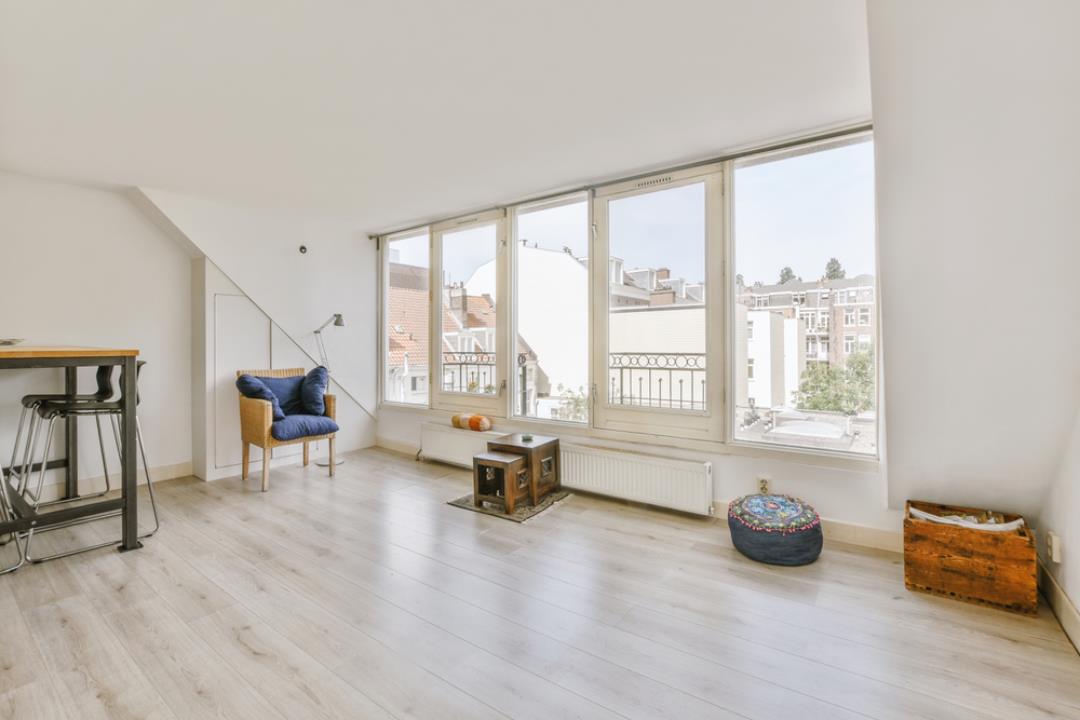Change language:
Tourists vs cities: Next clash in Budapest – mayor, government-close tourism board against Airbnb

We reported earlier that a Budapest downtown district plans to ban Airbnb with the help of a plebiscite. The mayor of Terézváros said he would vote for the ban, and Válasz Online wrote that the government-close Tourism Advisory Board would also like to introduce ‘deadly’ restrictions in the sector. Will the locals save Airbnb in Terézváros?
Budapest is not affected by overtourism
Terézváros is one of Budapest’s jewels. The downtown district connects Heroes’ Square with the Nyugati (Western) railway station, but its population dropped significantly in the last few decades. Tamás Soproni, the newly-elected mayor of the district, said they lost more than 10 thousand people in the previous 20 years.
Válasz Online published a report about the story of short-term rentals, highlighting that ‘Airbnb‘ became popular after the number of travellers skyrocketed due to the revolution in air travel and the appearance of low-cost airlines. The result was ‘overtourism’ in some European countries and cities like Spain’s Barcelona or Italy’s Venice. Budapest is not among the places affected by overtourism. Based on McKinsey (2023), the number of guest nights/citizens was 8.4 in Budapest (Paris: 21.8, Vienna: 9.8, Prague: 13.2, Venice: 46.0), while the number of foreign guests/citizens stood at 1.9 in 2023 (The Economist). The latter number was 5.9 in Barcelona, 6.3 in Milan and 2.3 in London.

Tourists in Budapest love Airbnb
However, there is a list which Budapest tops. In the Hungarian capital, the number of guest nights in hotels and motels was 8.2 million, while in Airbnb rentals, it was 5.9 million. Only Lisbon preceded Budapest’s 40% in that regard.
Budapest has been struggling with a housing crisis for a while. Thus, some politicians chose Airbnb as the scapegoat. Mayor Soproni bravely wants to claim the position of the “battering ram” in that regard and admits their voting may result in a total Airbnb ban in Budapest’s downtown districts. He added the local government had HUF 700 million (EUR 1.78 million) from the business, but they must consider the “greater good”.

Terézváros is one of the most expensive districts of Budapest in terms of rental prices, with an average of HUF 294k (EUR 750) per month. László Balogh claims that COVID proved that if short-term rental apartments returned to the Budapest housing market, prices would decrease by 30%.
Would rental prices not decrease after a ban?
Balázs Schumicky, an advocate of the Airbnb community, short-rent apartments would never appear on the Hungarian market, only on the expat market, because owners spent a lot of money to create high-quality Airbnb homes for tourists.

However, Airbnb owners seem to have weak chances at the Terézváros plebiscite. The leftist Momentum mayor said he would vote for the ban while the government-close Tourism Advisory Board would also support the restriction of the Airbnb market. For example, they wanted to introduce a 180-day limit, which might kill the entire sector. Válasz Online suggests the reason is that government-close business owners bought a large part of the Budapest hotel sector, and they do not want competitors. Mayor Soproni said he did not know any government-close hotel owners, and that he is only concerned for the locals of Terézváros.
The information booklet of the local government concerning the Airbnb issue was distributed to all locals. There will be a conference in the matter on 3 September:
Communist measure
Mr Schumicky said the ban would take the business of many Airbnb owners. He added that 71% of the market is in the “hands” of small players renting only one apartment. He compared it to the Communist era when the state took away people’s property.
Soproni said the local government did not have other options but to ban Airbnb or allow it to continue operating like before. In the 2019-2024 cycle, they introduced a differentiated restriction, but the government office abolished it.
Márton Nagy, Hungary’s national economy minister, said in an interview that the Airbnb issue was a matter concerning housing. He added the number of short-term rental apartments in Budapest was 26,000, reducing supply and making renting accommodation harder.
Read also:
- Budapest district mayor shares further details about possible Airbnb ban from September – read more HERE
- Airbnb prices began to decrease in Budapest
Featured image: depositphotos.com








Smells of communism to me. Aren’t people allowed to rent out their own property to tenants for legal use? Why care how long they stay?
I live in VI. kerulet and will be voting AGAINST. This measure is a matter for individual condos to decide, not the damn government.
Perhaps a better solution to this would be “zoning” and classification of properties for tourism. Someone wishing to list their residential apartment for Airbnb would have to apply to classify it as a holiday rental and the local government could restrict the number to 10% of existing residential properties. This would stop investors buying up everything in one area, they’d have to spread out but it would not stop an individual choosing to rent out their old apartment for Airbnb if their area is not already saturated.
I live in a small building in VI (14 condos), and we have and have never had AirBnBs. It’s a relatively quiet building with older residents. One of my neighbors is obsessed with banning AirBnB in the building though we have none. So, I have no personal experience with the problem. Given the problems with loud/drunk tourists (pre-Covid) that resulted in all the signs and street patrolling in the VII. make me believe indoor behaviour is comparable.
I did, however, ask some friends who live in the VII and they say it can be miserable. Smoking, drinking, and loud guests who can’t be regulated by other owners/or the house. The available remedies come too slow to manage immediate problems. One friend’s building (VII.) banned them (retroactively) and another (XIII. near Jászai Mari tér) is voting to do so as well.
I also have a rental apartment that’s only long-term tenants, so I could have the opportunity to have a short term rental and probably make more money. But it seems like that would destroy the character of that building and unnecessarily annoy others.